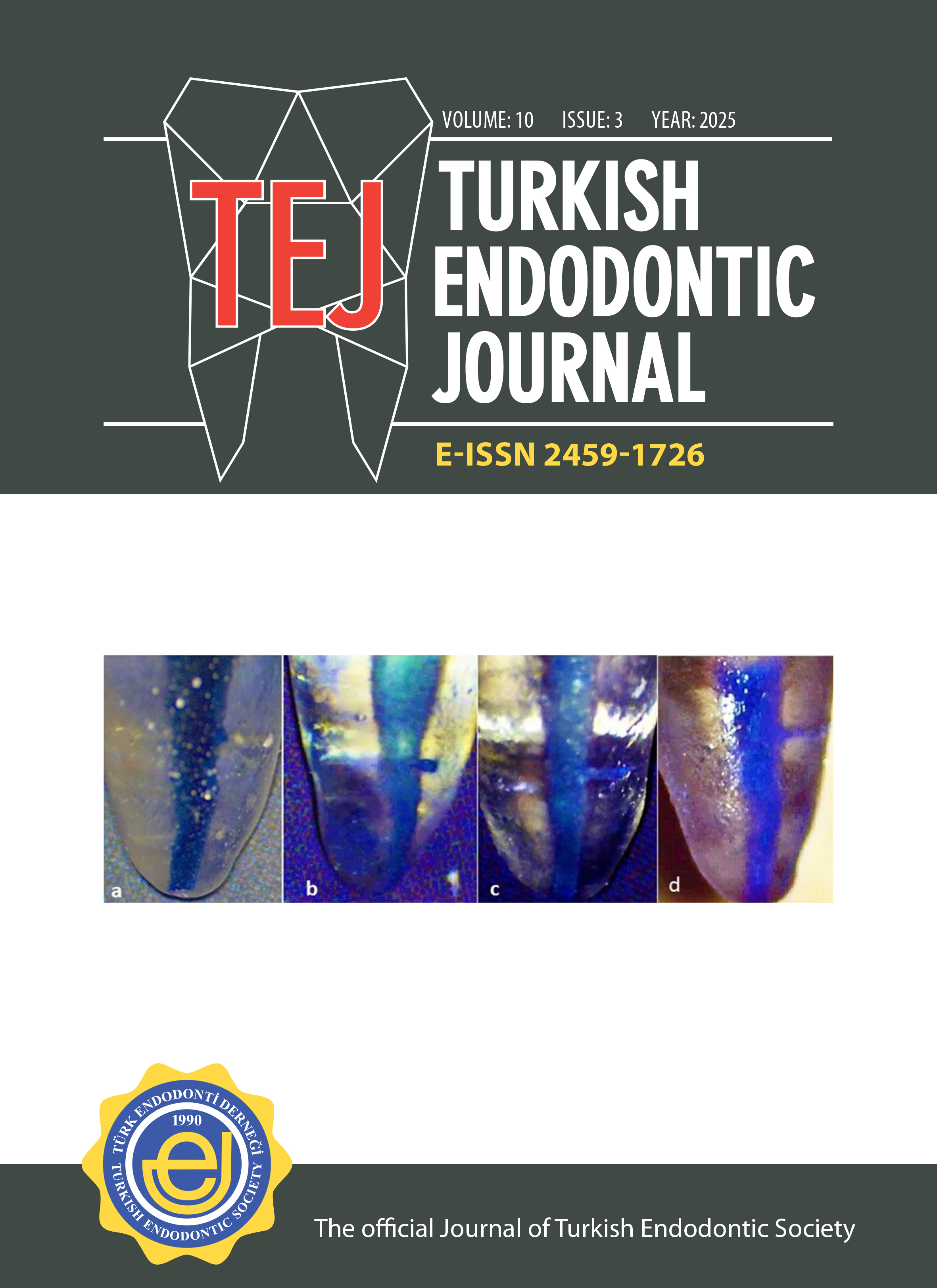Detection, characterization, and antimicrobial susceptibility of Globicatella sanguinis isolated from endodontic infections in Ouagadougou, Burkina Faso
Wendpoulomdé Aimé Désiré Kaboré, Simavé René Dembélé, Nicolas BarroLaboratory of Molecular Biology, Epidemiology and Surveillance of Bacteria and Viruses Transmitted by Food/Center for Research in Biological, Food and Nutritional Sciences/Graduate School of Science and Technology/ Joseph KI-ZERBO University, Ouagadougou, Burkina FasoPurpose: Globicatella sanguinis is an emerging pathogen rarely recognized as a cause of infection. The objective of this study was to investigate the role of this bacterium in endodontic infections in Burkina Faso and to determine its susceptibility to antibiotics.
Methods: This cross-sectional descriptive study was conducted at the Municipal Center of Oral Health of Ouagadougou from June to October 2014. Clinical data were collected using a sheet. Bacteria were isolated by streaking method on selective medium, and identification was done by API 20 Strep gallery. Antibiotic susceptibility was determined by the diffusion method on solid medium.
Results: A total of 125 patients were within aged 19–40 years (55.2%). Apical periodontitis accounted for 50.4%, and endodontic cellulitis accounted for 49.6% of endodontic infections. Five isolates of G. sanguinis have been identified. They were resistant (100%) to cefotaxime, metronidazole, and penicillin G. Spiramycin showed an intermediate sensitivity of 60%. Isolates showed good sensitivity (100%) to trimethoprim–sulfamethoxazole, amoxicillin–clavulanic acid, and tazobactam–piperacillin. One of them produced extended spectrum β-lactamases.
Conclusion: The severity of infections caused by G. sanguinis reflects difficulties to eradicate these bacteria from the root canal system.
Keywords: Globicatella sanguinis, endodontic infections, antibiotic resistance.
Manuscript Language: English



















